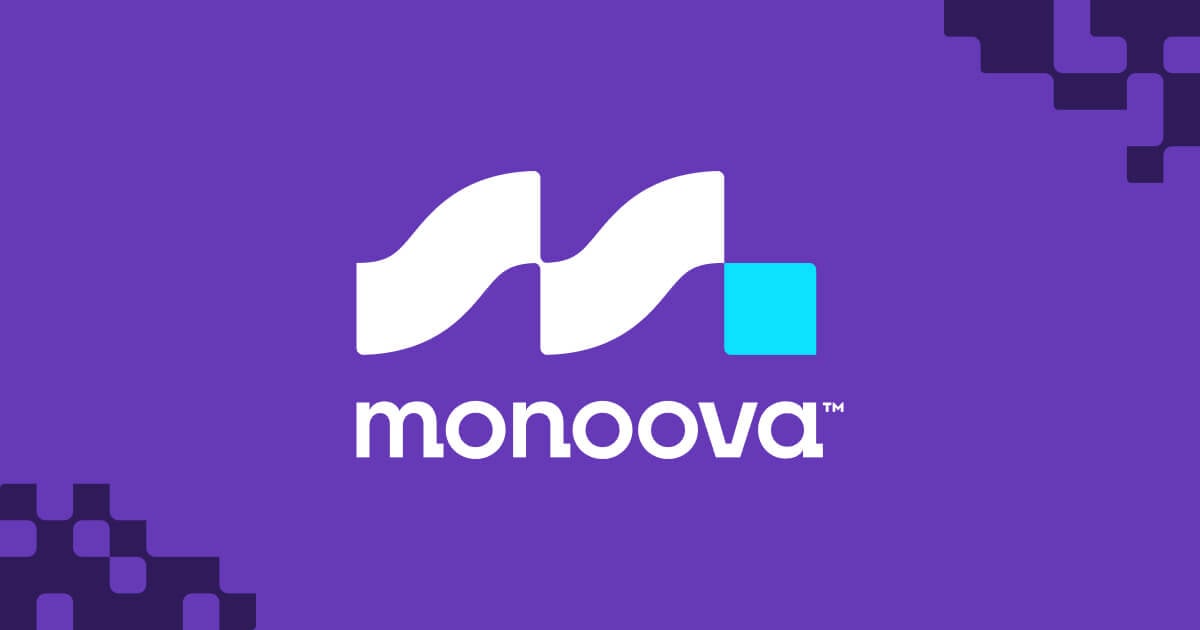As artificial intelligence (AI) continues to reshape the business landscape, it brings both substantial benefits and potential risks, particularly in crisis communication. AI-powered tools offer increased efficiency and productivity but can also pose significant challenges, including privacy breaches, security threats, and misinformation. Organizations that understand how to leverage AI while preparing for its risks will be better equipped to manage public relations crises effectively.
Preparing for AI-Related Risks
AI-related incidents are on the rise. A Stanford University report revealed a 32.3% increase in reported incidents from 2022 to 2023, highlighting the growing concern among business leaders about AI risks. These incidents often involve privacy violations, algorithmic bias, deepfakes, and system failures, all of which can damage a brand’s reputation and erode trust.
To mitigate these risks, organizations must integrate AI crisis scenarios into their communication plans. A proactive approach to crisis communication equips leaders to respond quickly, protect their organization’s reputation, and maintain stakeholder trust. Given the fast-moving nature of AI-based crises, having a well-structured response plan in place is crucial for minimizing long-term damage.
Crisis Communication Strategies for AI
Effective communication is essential to managing any crisis, particularly one involving AI. A strong crisis communication strategy can reduce uncertainty, address stakeholder concerns, and combat disinformation. Here are the key elements organizations must include in their AI crisis communication plans:
Establish the Facts: In the age of disinformation, it’s vital to verify information before it’s shared publicly. AI incidents can easily escalate due to misinformation, so organizations must have processes for swift fact-checking to ensure credibility.
Respond Rapidly: AI-related crises require rapid responses to minimize potential damage. Having predefined protocols for identifying issues and addressing them quickly can help prevent escalation.
Communicate Clearly and Directly: AI incidents often stir emotions and raise concerns. Organizations need to share clear, transparent updates, outline action steps, and focus on resolving the issue while prioritizing people’s well-being.
Once a crisis plan is in place, organizations must keep it active and relevant by conducting regular drills and practice scenarios. These exercises ensure teams are prepared to respond effectively when unexpected challenges arise.
AI as a Crisis Communication Resource
While AI is often viewed as a risk to be managed, it can also be a valuable resource in supporting crisis communication efforts. Human leadership is still essential, but AI tools can significantly enhance response strategies.
AI-powered tools offer several key benefits during a crisis:
Timely Content Generation: AI can create tailored content based on pre-established messaging and templates, allowing organizations to communicate rapidly during a crisis.
Real-Time Sentiment Analysis: AI tools can monitor social media and traditional media, providing a real-time overview of public sentiment and helping organizations adjust their response strategies accordingly.
Data-Driven Insights: AI can analyze large volumes of data to identify trends, and research risks, and provide critical insights to inform the response.
However, it’s essential to remember that AI is just a tool, and the responsibility for accurate, empathetic, and strategic communication remains with human leaders.
Embracing AI in Crisis Communication Plans
As AI technology evolves, organizations must strike a balance between technological advancement and the irreplaceable value of human judgment. By integrating AI into crisis communication plans, businesses can respond more effectively, mitigate risks, and protect their brand reputation. Organizations that are prepared for AI-related crises and embrace AI as a supportive tool will be better positioned to navigate the complexities of crisis management and emerge stronger.
At Third Hemisphere, we specialize in helping businesses navigate the complexities of both AI and crisis communication. Our team of experts is ready to assist you in developing strategies that ensure you’re equipped to handle AI-related risks effectively. If you’re looking for guidance on preparing for AI-driven crises or need support in turning a crisis into a positive brand moment, we encourage you to reach out to us. Let us help you turn potential challenges into opportunities for growth and trust-building.
By embracing both AI and human expertise, companies can develop crisis communication strategies that are fast, responsive, and effective. With the right planning, AI can become an invaluable asset in ensuring that organizations remain resilient during high-stakes situations.










